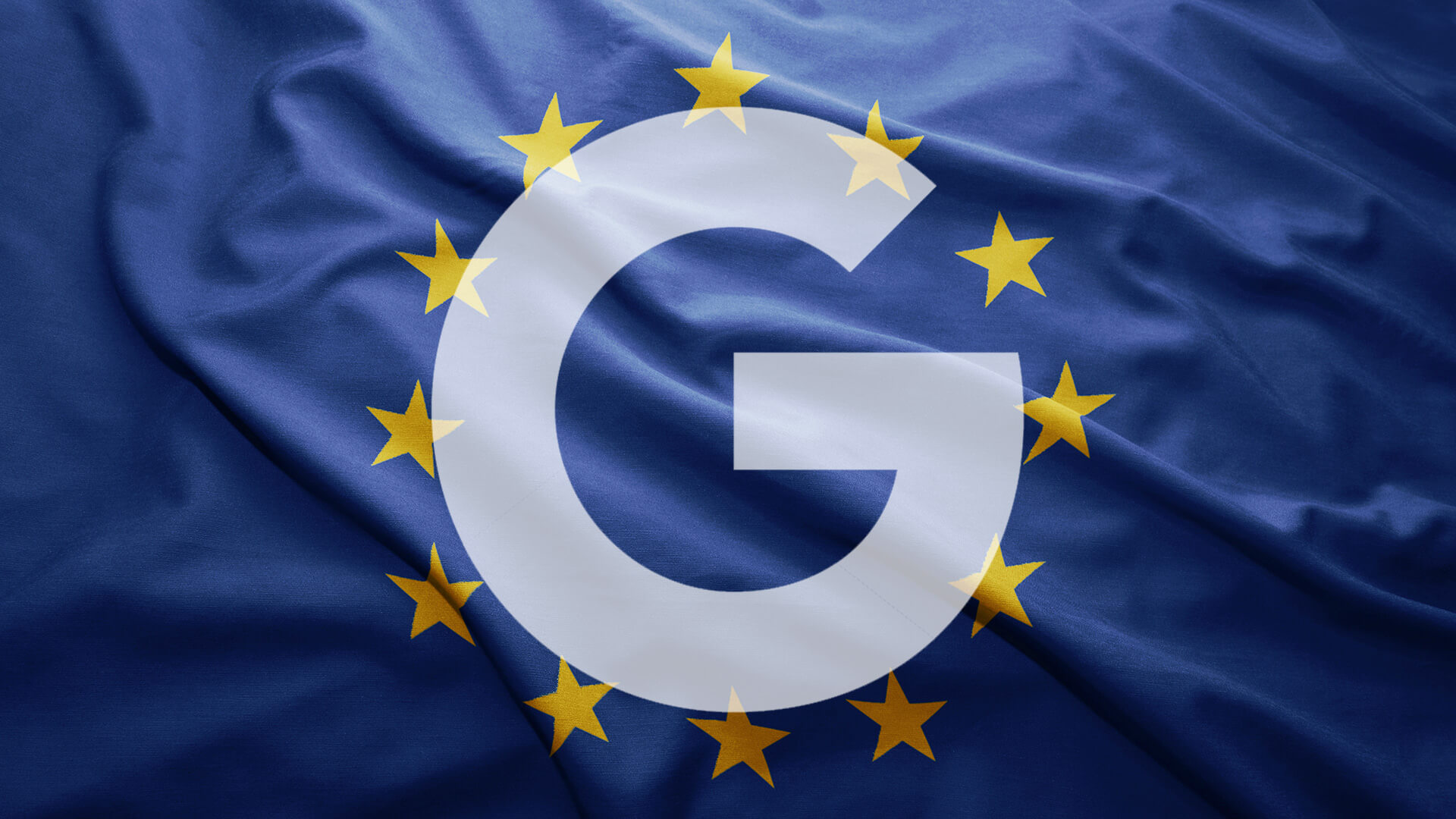Advertisers who want to show personalized ads to consumers in the European Economic Area (EEA) must take immediate action to prevent campaign performance issues.
Marketers need to send verifiable consent signal(s) to Google as the search engine prepares to step up the enforcement of its EU User Consent Policy (EU UCP).
Why we care. Google cautioned that neglecting these steps promptly could adversely affect campaign performance, impacting both reach and return on investment.
Next steps. If you or your technology partners utilize Google APIs/SDKs to share audience data with Google, you must upgrade to the latest versions of the Google Ads API and Display & Video 360 API.
Meanwhile, app advertisers are advised to update to the latest version of the Google App Conversion Tracking API or SDK. This update enables proper communication of consent signals, ensuring compliance with user choices and facilitating comprehensive measurement and modeling.
For app advertisers working with App Attribution Partners (AAP), you will need to upgrade to the latest AAP SDK/API version and work with your AAP partner to ensure your consent signals are communicated to Google.
Global impact. This news has implications for all advertisers targeting consumers in the EEA, irrespective of whether the advertiser is located within the EEA or not.
Why now. In an evolving privacy landscape, with regulatory changes and things like third party cookie deprecation around the corner, it’s critical that advertisers implement solutions like consent mode to ensure their audience and measurement solutions work effectively.
What is EU UCP? The EU User Consent Policy (EU UCP) introduced by Google is designed to align with European privacy regulations, specifically the ePrivacy Directive (ePD) and the General Data Protection Regulation (GDPR). This policy mandates marketers using Google for advertising to obtain and respect end-users’ consent. Its objective is to ensure compliance with established privacy standards within the online advertising ecosystem.
What Google is saying. A spokesperson said in a statement:
- “This year marks an inflection point for marketing with Chrome’s planned third party cookie deprecation in the second half of 2024, as well as regulatory changes in the landscape.”
- “Consent mode can help you get ready with the right foundation of durable solutions powered by your consented first-party data and Google AI.”
Get the daily newsletter search marketers rely on.
Deep dive. Read Google’s announcement in full for more information.
Related stories
New on Search Engine Land
